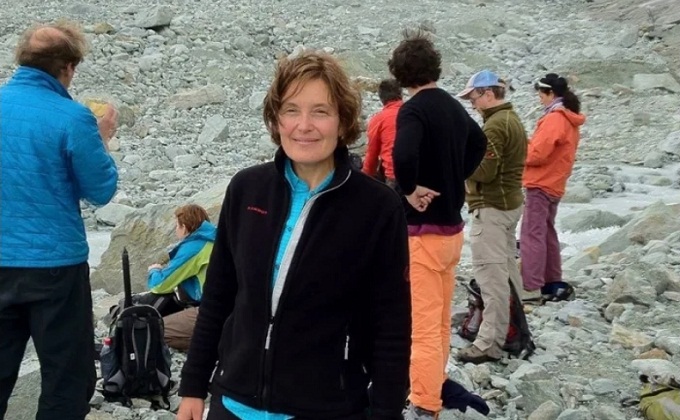Suzanne Eaton, 59, went missing July 2 while attending a conference in Crete. Her body was found in a World War II–era bunker six days later.
A US scientist who was found dead in Greece last week had multiple broken bones and may have been raped by her attacker before he abandoned her in an old military bunker, authorities said Tuesday.
Suzanne Eaton, 59, a molecular biologist at the Max Planck Institute of Molecular Cell Biology and Genetics in Dresden, Germany, disappeared July 2 while attending a conference on the island of Crete. Her body was found six days later in a World War II–era bunker.
A 27-year-old Crete man who was detained in connection with her death has confessed to the crime, Crete police officials said.
The suspect, whose name has not been released in accordance with Greek law, told officials he had “anger inside him” and was in search of “sexual satisfaction” when he came across the renowned biologist, police said at a press conference Tuesday.
The suspect hit Eaton with his car twice to immobilize her before putting her injured body in the trunk of his car, police said. The man then drove about 10 kilometers to the old military bunker where he allegedly raped her for more than an hour.
The man told police Eaton was unconscious during the sexual assault, but it was not clear if she was still alive at that point. He then left her body in the bunker and drove to a nearby cemetery to clean his trunk.
A coroner determined the scientist died of asphyxiation. Police said the cause of death may have been the result of her broken bones and how the suspect discarded her body.
The suspect was due to be arraigned Tuesday, according to Reuters.
Eaton’s family said on a Facebook page titled “Searching for Suzanne” that Eaton may have gone on a run the afternoon of July 2 when she disappeared.
Born in Oakland, Eaton studied at Brown University and the University of California, Los Angeles. She was a founding member of the Max Planck Institute and was one of its senior research group leaders.
She was married and had two children.
“We are deeply shocked and disturbed by this tragic event,” the institute said in a statement last week. “Suzanne was an outstanding and inspiring scientist, a loving spouse and mother, an athlete as well as a truly wonderful person beloved to us all. Her loss is unbearable.”
